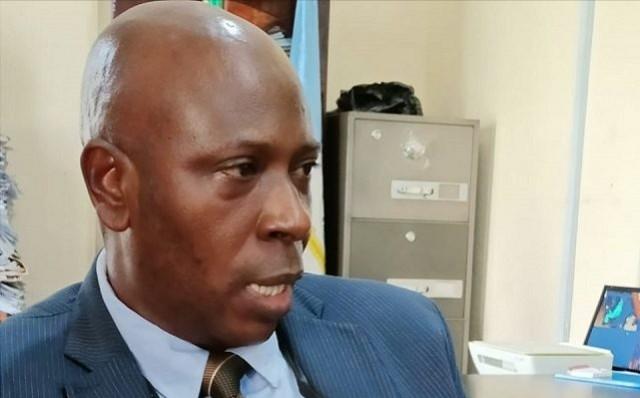
To combat the brain drain affecting Nigeria’s education sector, the Rector of Delta State Polytechnic, Otefe-Oghara, Professor Emmanuel Ufuophu-Biri, has advocated for competitive incentives to retain local lecturers.
According to the Professor of Mass Communication and Journalism, offering attractive packages to lecturers and increased funding for the education sector will not only encourage Nigerian lecturers to stay in the country but also reduce the “Japa Syndrome.”
In an interview with The Guardian, the renowned scholar identified poor funding and remuneration as some of the factors contributing to brain drain in the sector.
While acknowledging that brain drain is a universal trend, Prof. Ufuophu-Biri said that it becomes a concern when a country’s most skilled individuals are enticed to leave for better prospects elsewhere.
He said: “When you leave your village for your state capital, you are looking for greener pastures. When you leave your state for Abuja, you are looking for greener pastures.
“Japa is a global thing. But it becomes dangerous when your best hands begin to go because you cannot satisfy them. When there were so many white people teaching in our primary, secondary, and universities, were Nigerian lecturers running away the way they are running right now?
“In 2009 to 2010, when the Nigerian professor’s salary was about $3,500 to $4,000, was he running away? So if he has an offer of five times his salary outside this country, will you blame him for going?
“If you go to South Africa right now, you will see that many deans and heads of departments are Nigerians and Zimbabweans. So this issue of Japa doesn’t come into play.
“If your country offers what is good, it will attract others to you. We have the oil sector here. You have white guys coming because they earn so much from it.
“If you make the education and medical sectors attractive, they will also come. It’s a force of gravity. When people get better offers, they go there. So many Nigerian lecturers are getting better offers, hence they are going there.
“If you feel it is bad, give a good offer and let others also come to you. We have the very best of brains in Nigeria. But for me, nobody’s navel is tied to a particular country. You go to where you think is best for you.”
While inaugurating the Governing Councils of federal tertiary institutions last month, Education Minister, Professor Tahir Mamman, said the education sector has suffered the most from brain drain in the country.
Prof. Mamman argued that, contrary to the notion that the medical profession has suffered the most from the brain drain syndrome, the education sector is the worst hit.
“Unknown to a lot of people, the education sector has actually suffered the most in the Japa syndrome than any other sector in Nigeria. We have lost even teachers in primary and secondary schools because of Japa.
“They have left for Europe, everywhere. A lot of times we talk about medical personnel. But I can confirm to you that we have lost more teachers in Nigeria than in any other sector.
“And especially for teachers in tertiary institutions, it takes at least 15 years to have somebody with a Ph.D. So if you lose one, it’s a very major loss to the country,” he said.
According to a 2023 Nigerian Immigration Service report, over 3.6 million Nigerians migrated in two years to other countries in search of better opportunities.






